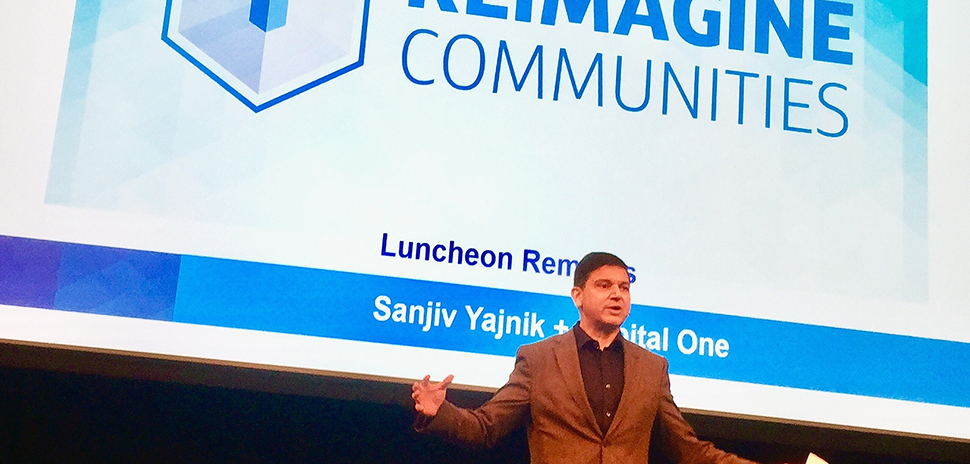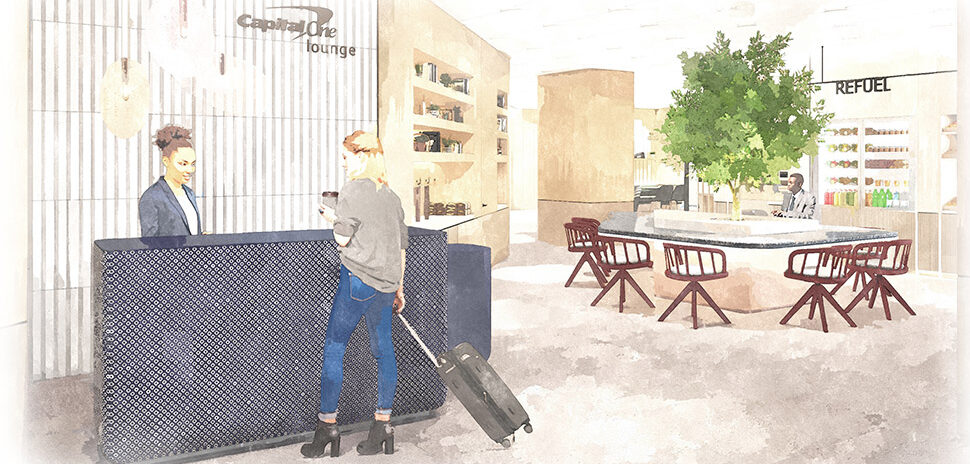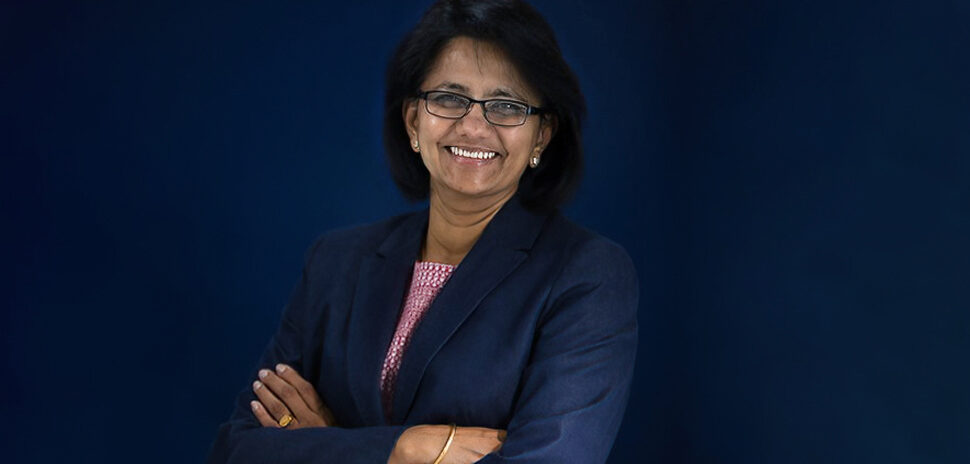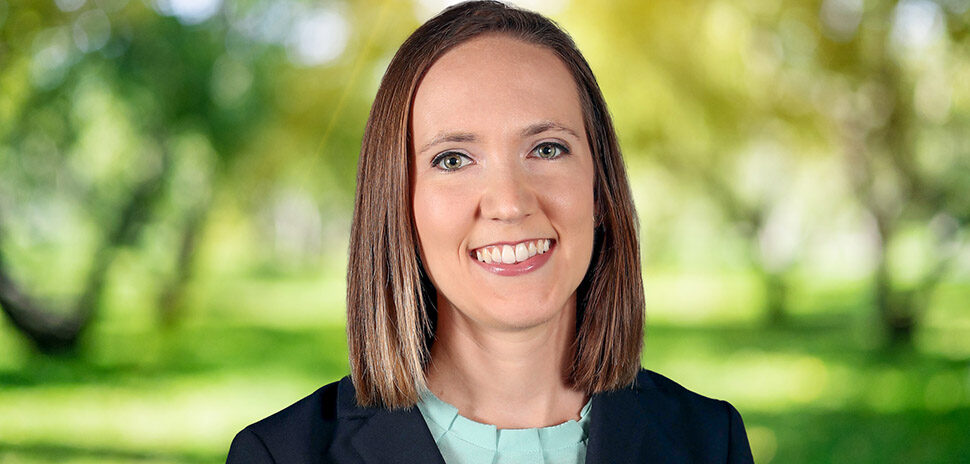A report recently released by Capital One and The Institute for the Future (IFTF) at the Reimagine Communities Symposium identified some of the trends — such as growth, jobs, and education — that are expected to shape North Texas over the next decade.
“As a company and a community we need to be grounded in the trends that will help us determine the best ways to get ready for tomorrow, today,” said Sanjiv Yajnik, president of financial services at Capital One. “Through Capital One’s Future Edge DFW initiative, we’re working with a variety of partners to grow the area’s innovation and technology ecosystem that will fuel our economy and help communities succeed in this rapidly-changing world. Insights from the report will help us focus these efforts.”
Report findings include:
- Steady DFW population growth is expected to continue, with community diversity increasing. In Frisco, one of the fastest-growing cities in the U.S., for example, future growth is expected to exceed past growth. Currently, there are roughly 7 million people living in the Dallas-Fort Worth region. By 2030, there will be a gain of 1.7 million people, with most relocating from other parts of the U.S.
- The North Texas region will experience some of the fastest growth in middle-skill jobs, or work that requires some postsecondary education but less than a bachelor’s degree. Nearly eight out of 10 will require digital skills (spreadsheet and word processing proficiencies, productivity software and computer networking skills, occupationally specific digital skills for health or manufacturing work).
- North Texas has several acknowledged neighborhood inequality challenges — and the report highlights the importance of breaking down barriers and increasing access to quality education and employment opportunities.
- Cities and suburbs in North Texas will leverage ubiquitous connectivity, real-time and big data, and algorithmic analytics to enable smart city services as technology invades everyday things and contexts. Many devices will be equipped with digital sensing, computing, and communication capabilities; computational power and connectivity will be built into virtually everything and reconfiguring our personal technologies will be as simple as getting into our car or putting on a jacket.
About 200 attendees spent the day at Capital One’s corporate campus in Plano, where community leaders and members discussed how to collectively prepare as a region for the changes that lie ahead.
“[It] takes leadership and vision,” said Rolf Pendall of the Urban Institute during one of the morning panel discussions. He said that “investing in kids is where we need to start.”
Yajnik said that while economically good times are great, they bring challenges with them.
“It’s an enviable place,” Yajnik said. “That’s the good news.”
Immediate steps are needed, he said.
“The bad news is that there is so much good news that we are heading into a future that will be in crisis if we don’t act today,” he said. “The bad news is, normally, communities don’t react to this kind of a thing until they are in the crisis.”
There are two issues, Yajnik said, that need to be confronted as a region.
Economic
- Infrastructure — roads, hospitals, and virtual infrastructure
- Education — making sure there are good schools available to all children
- Job training and retraining as jobs change
Social
- Changing demographics — it’s estimated that 1.6 million of the people who move to DFW will be people of color
- Widening economic gap
- Arts (social and economic) — a focus on STEAM, versus STEM
“We must challenge our communities for the sake of its citizens,” Yajnik said. “It’s all of our jobs.”
Delivering what’s new and next in Dallas-Fort Worth innovation, every day. Get the Dallas Innovates e-newsletter.






























